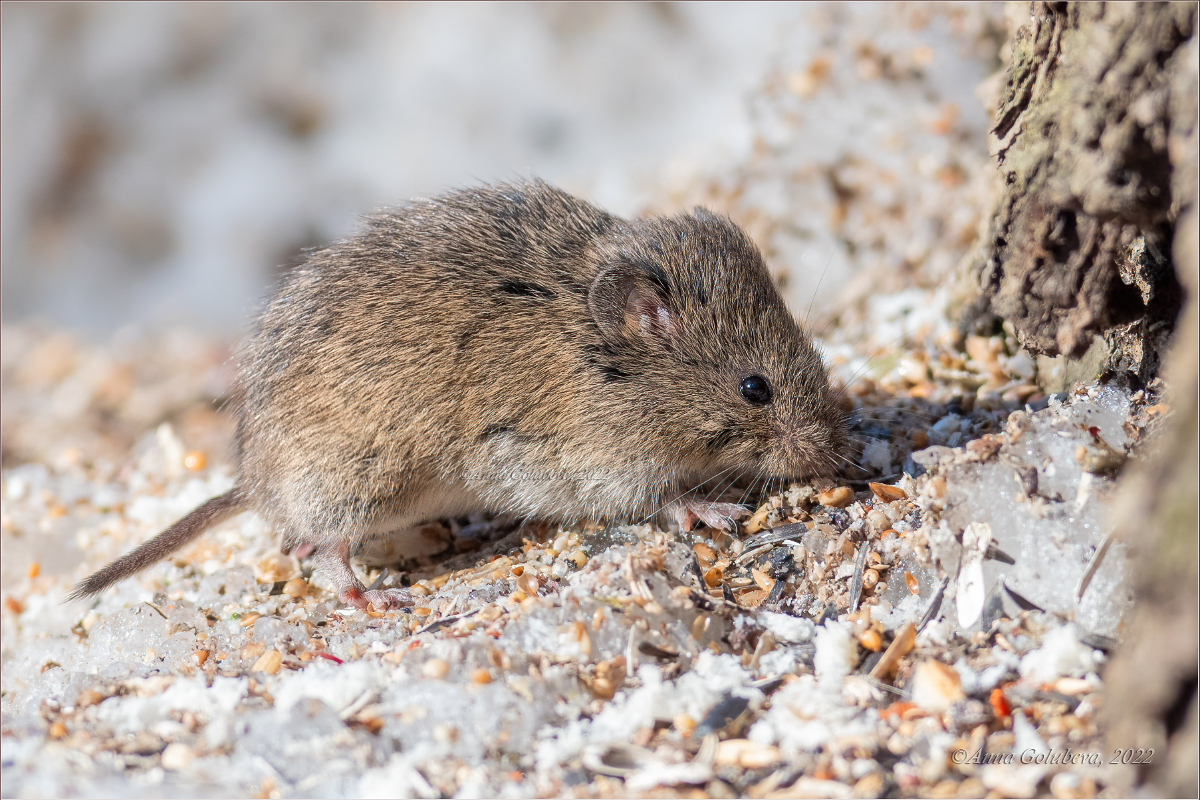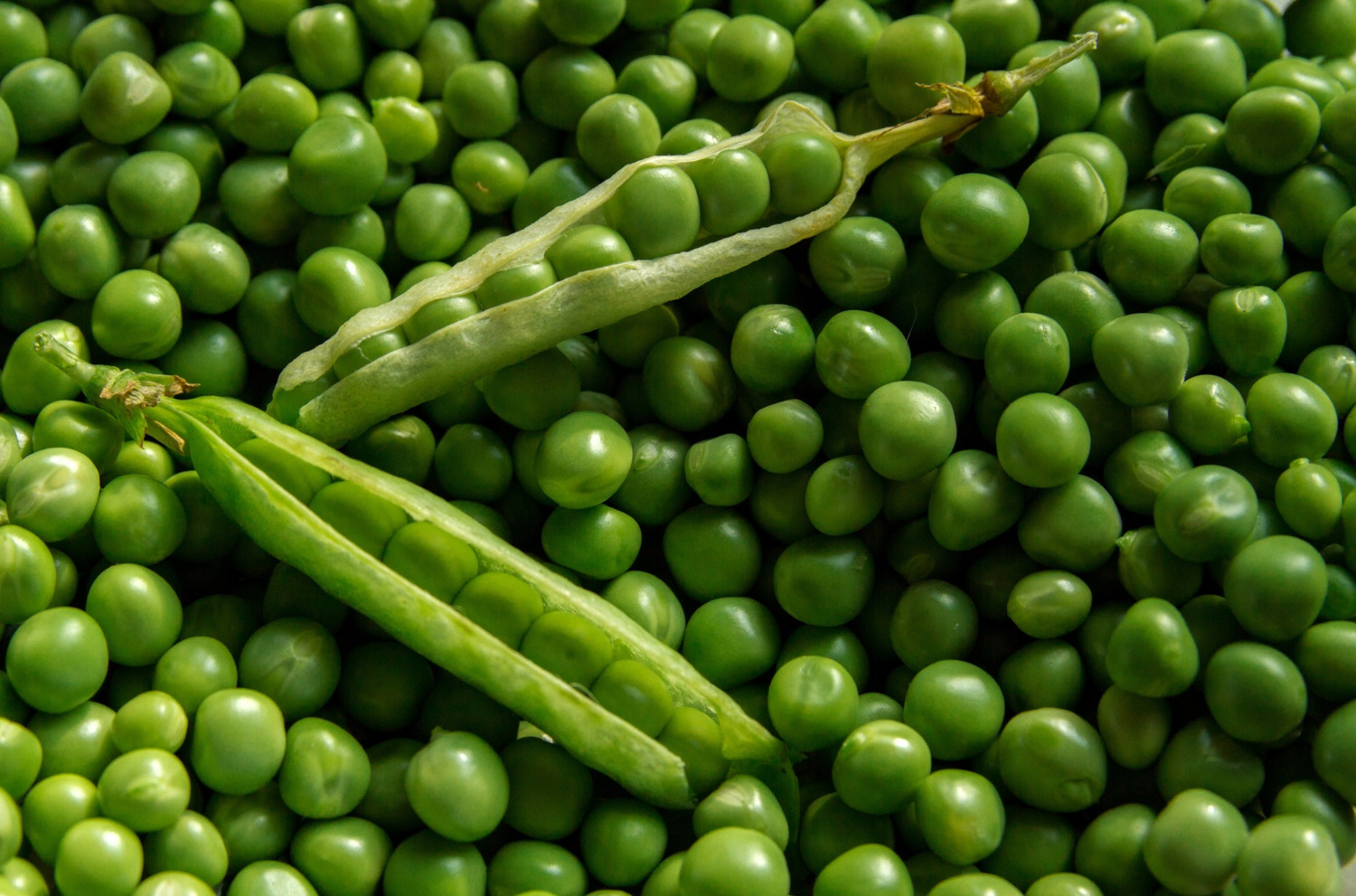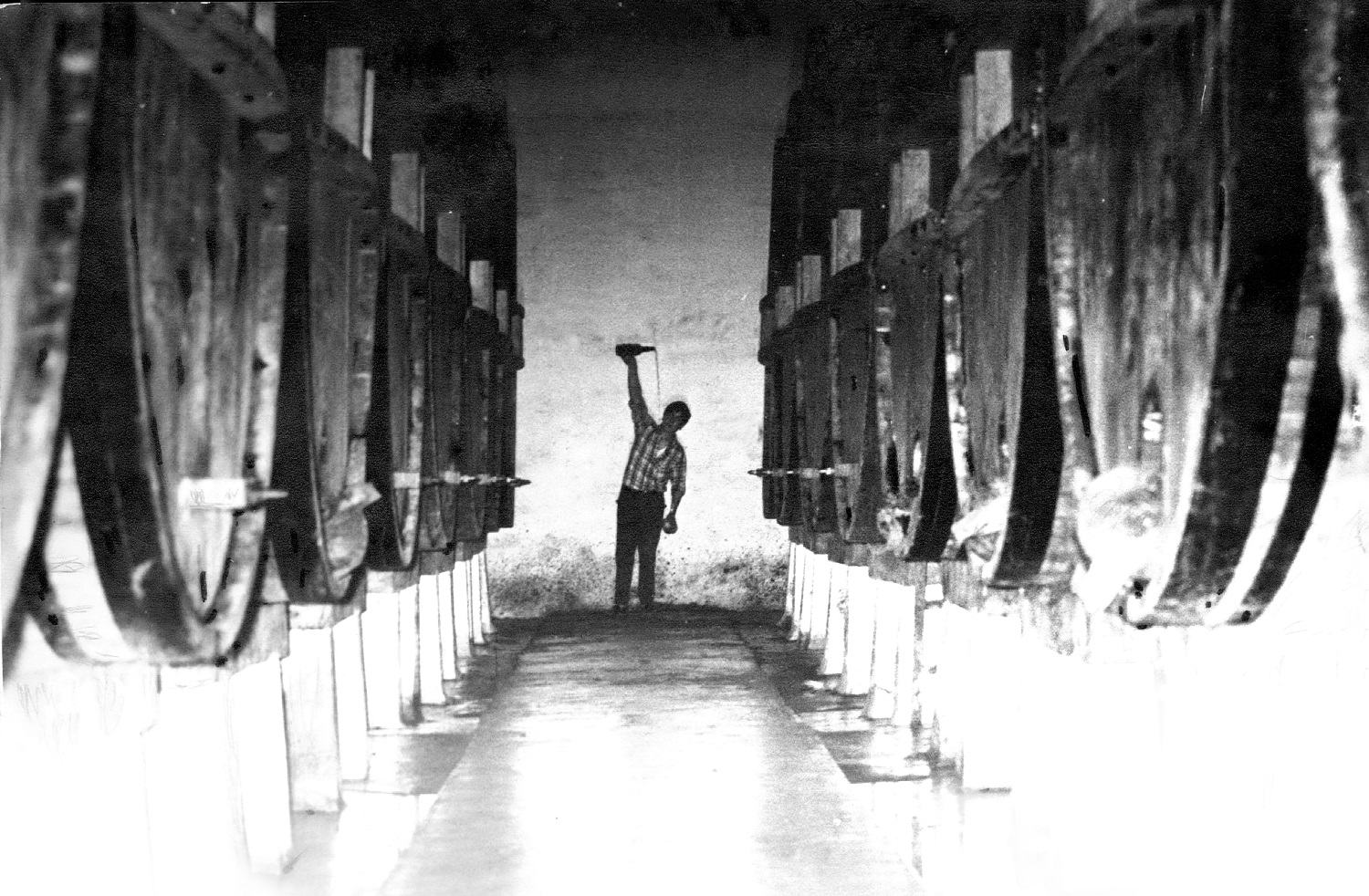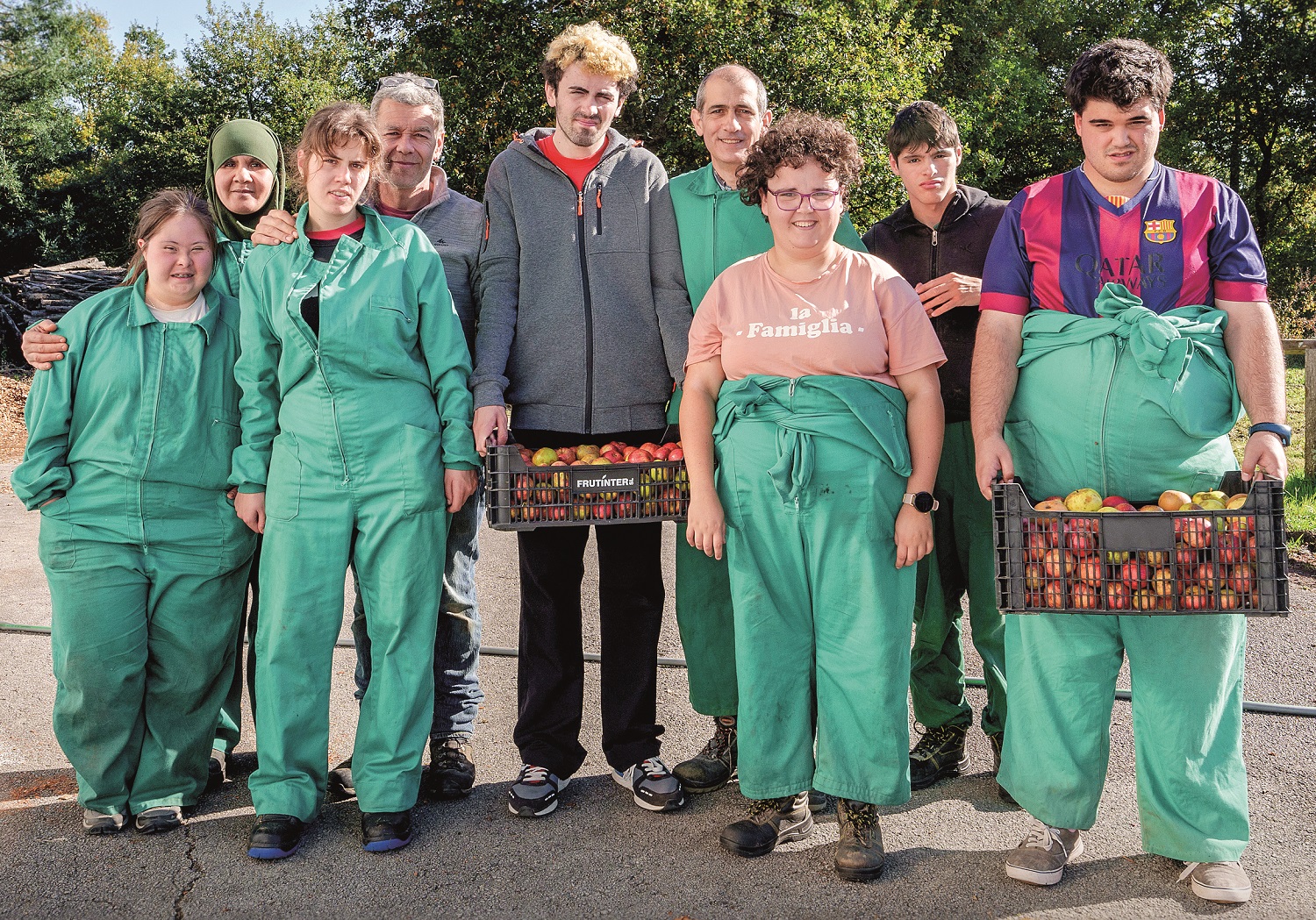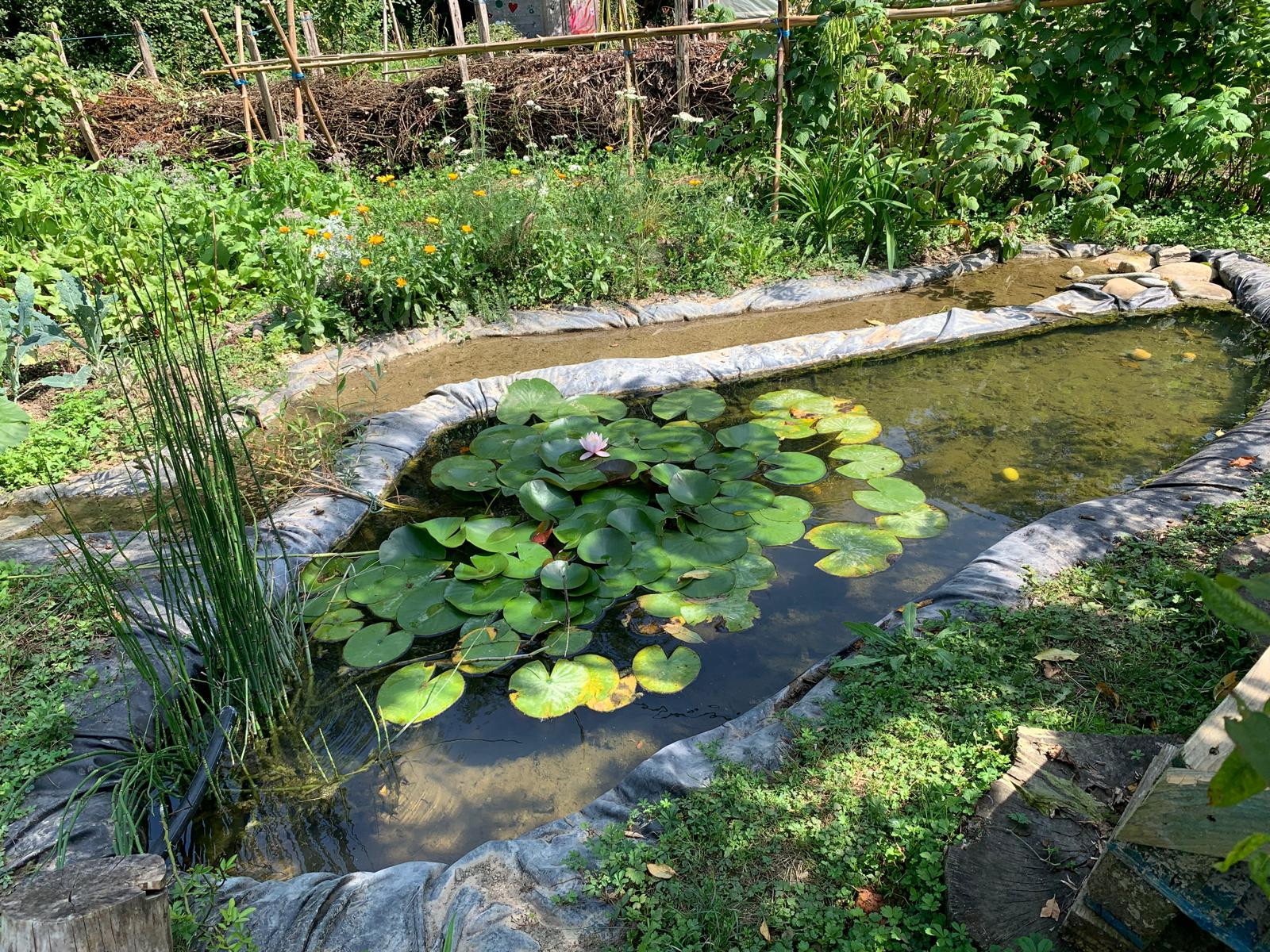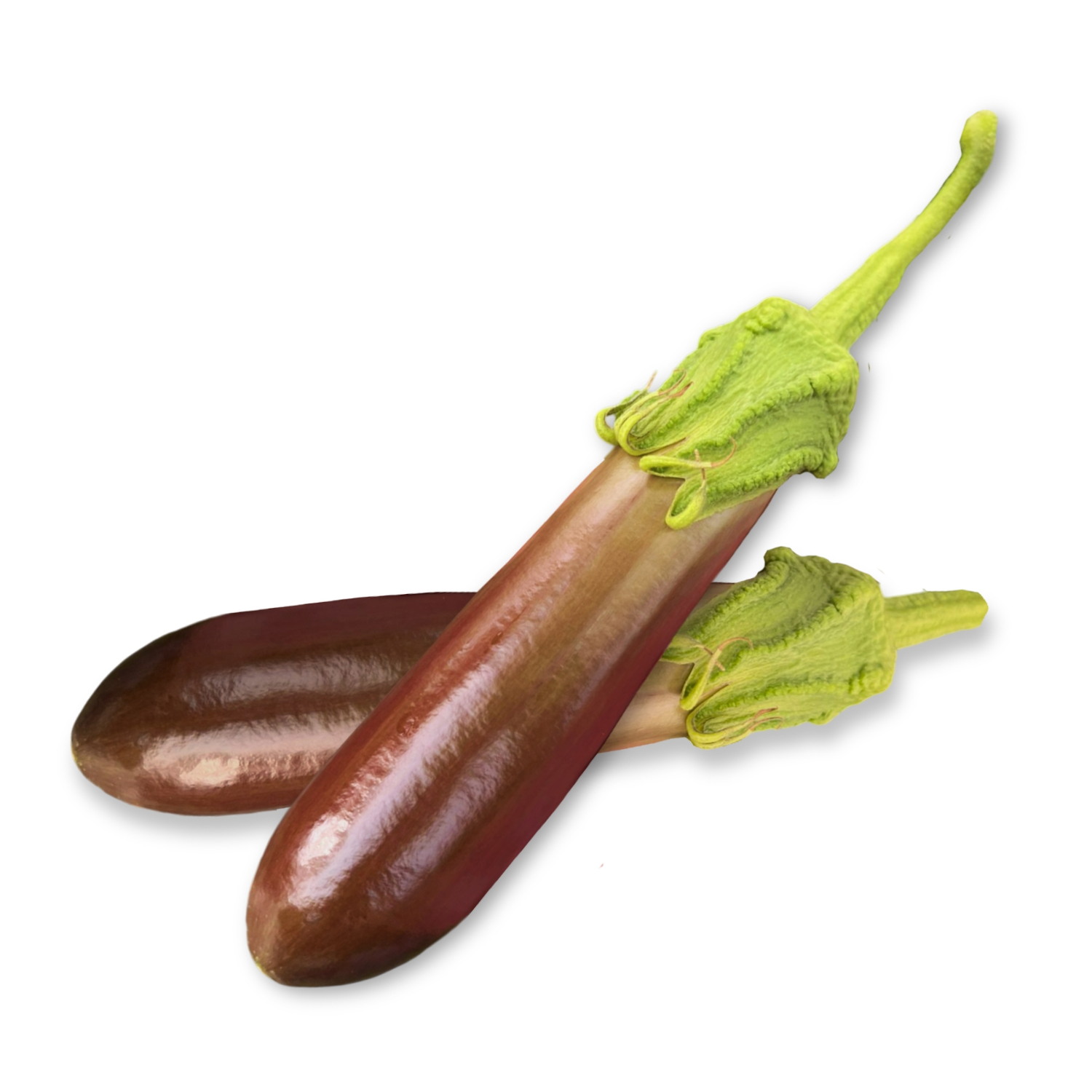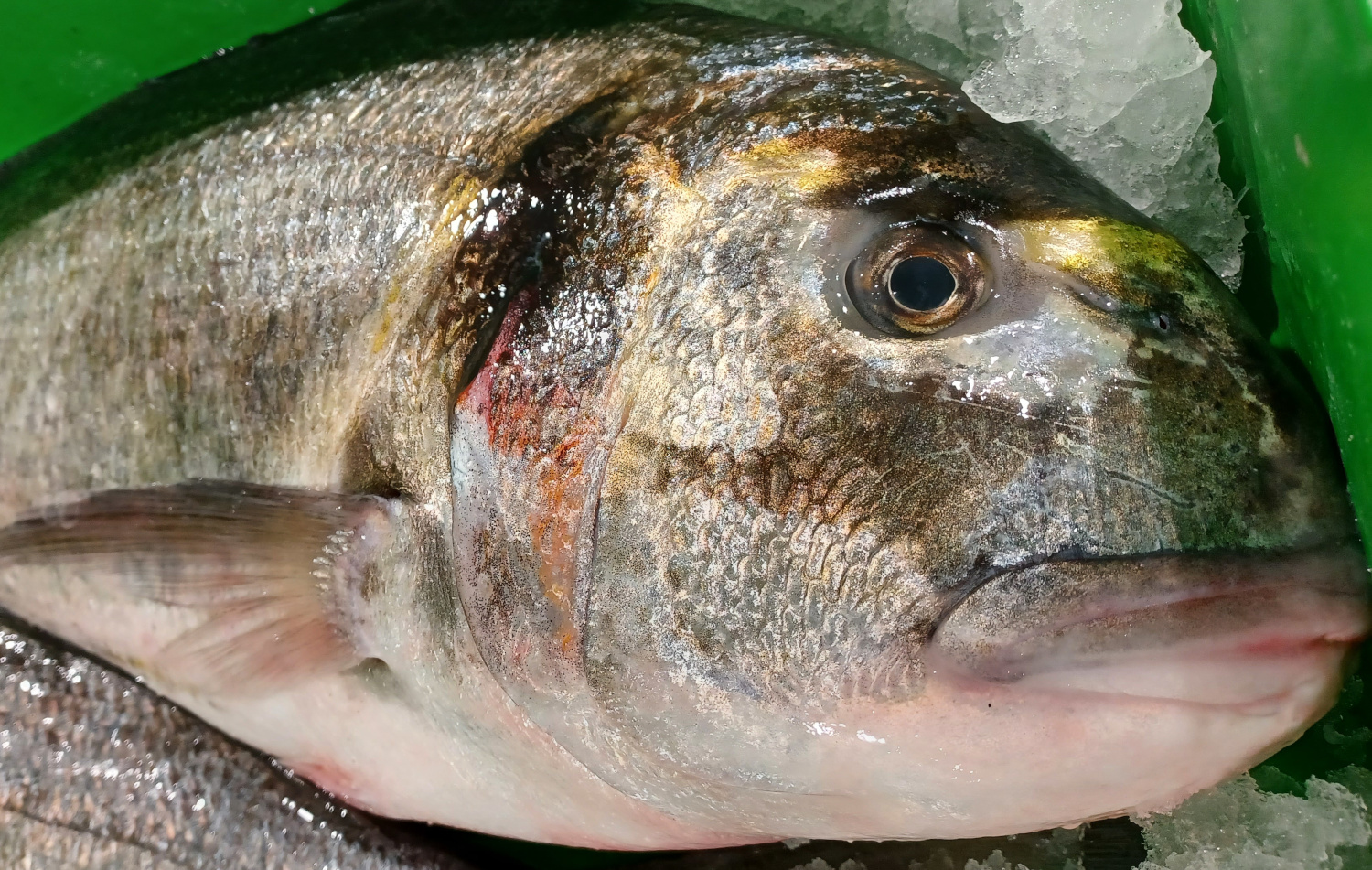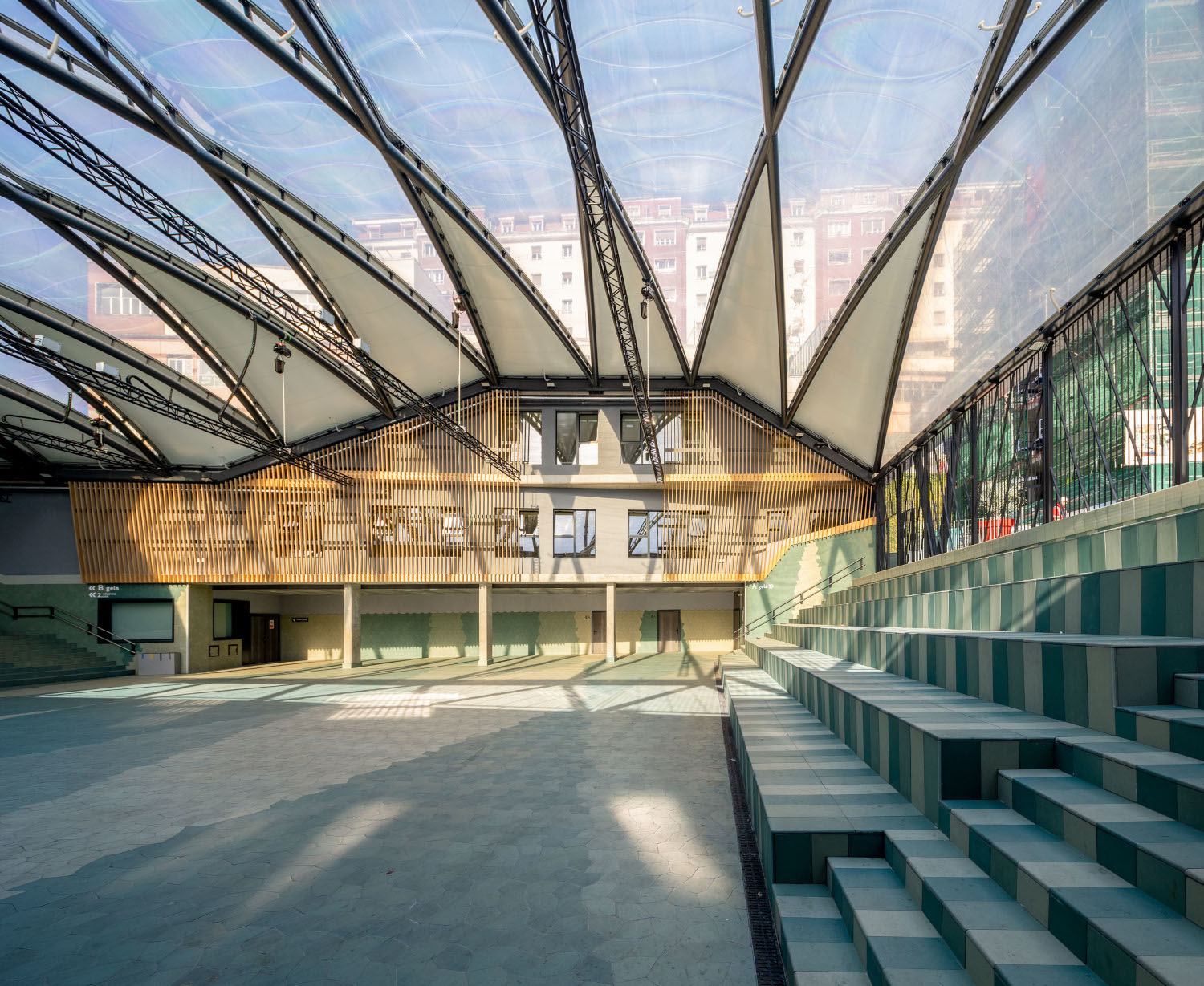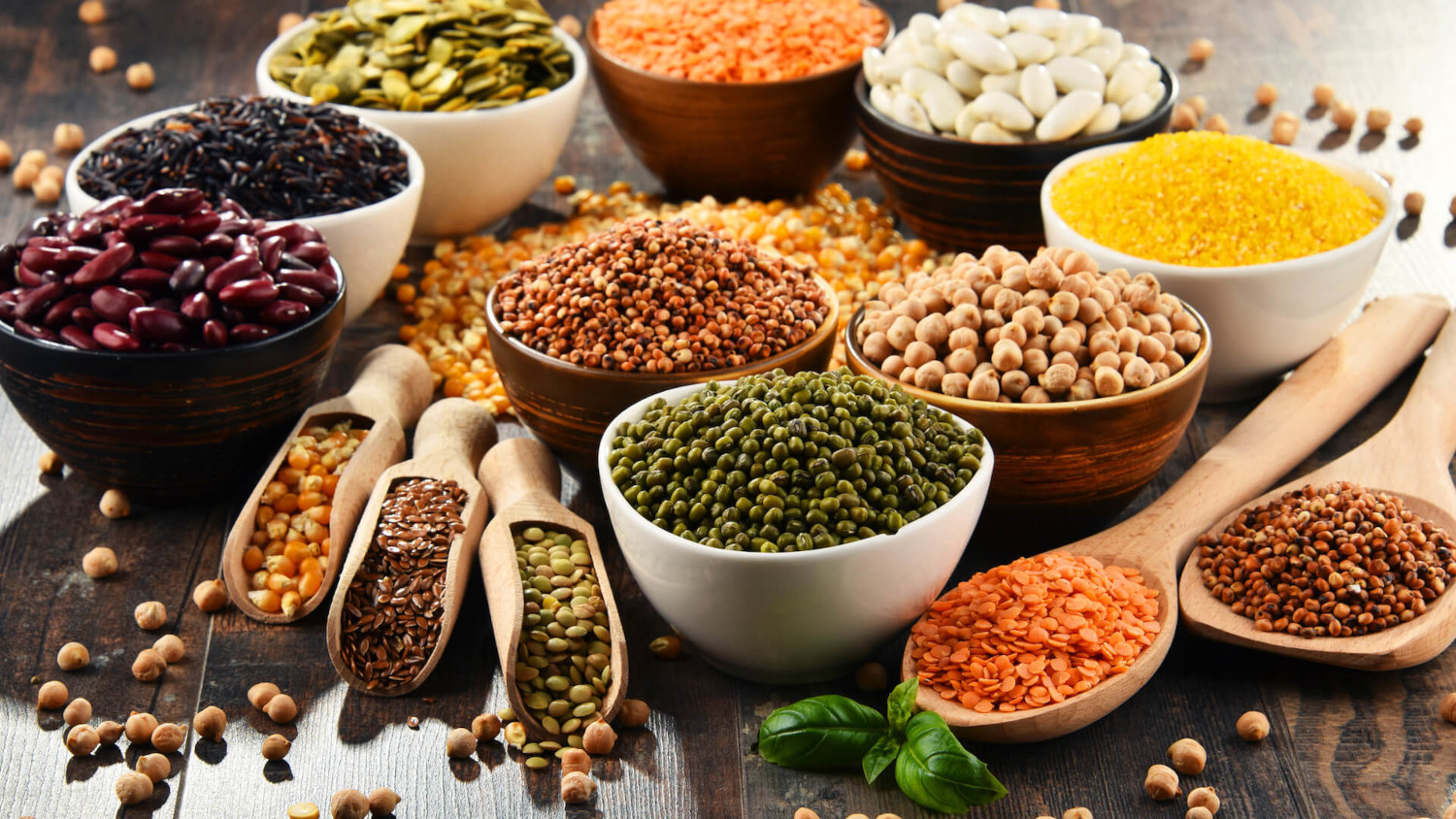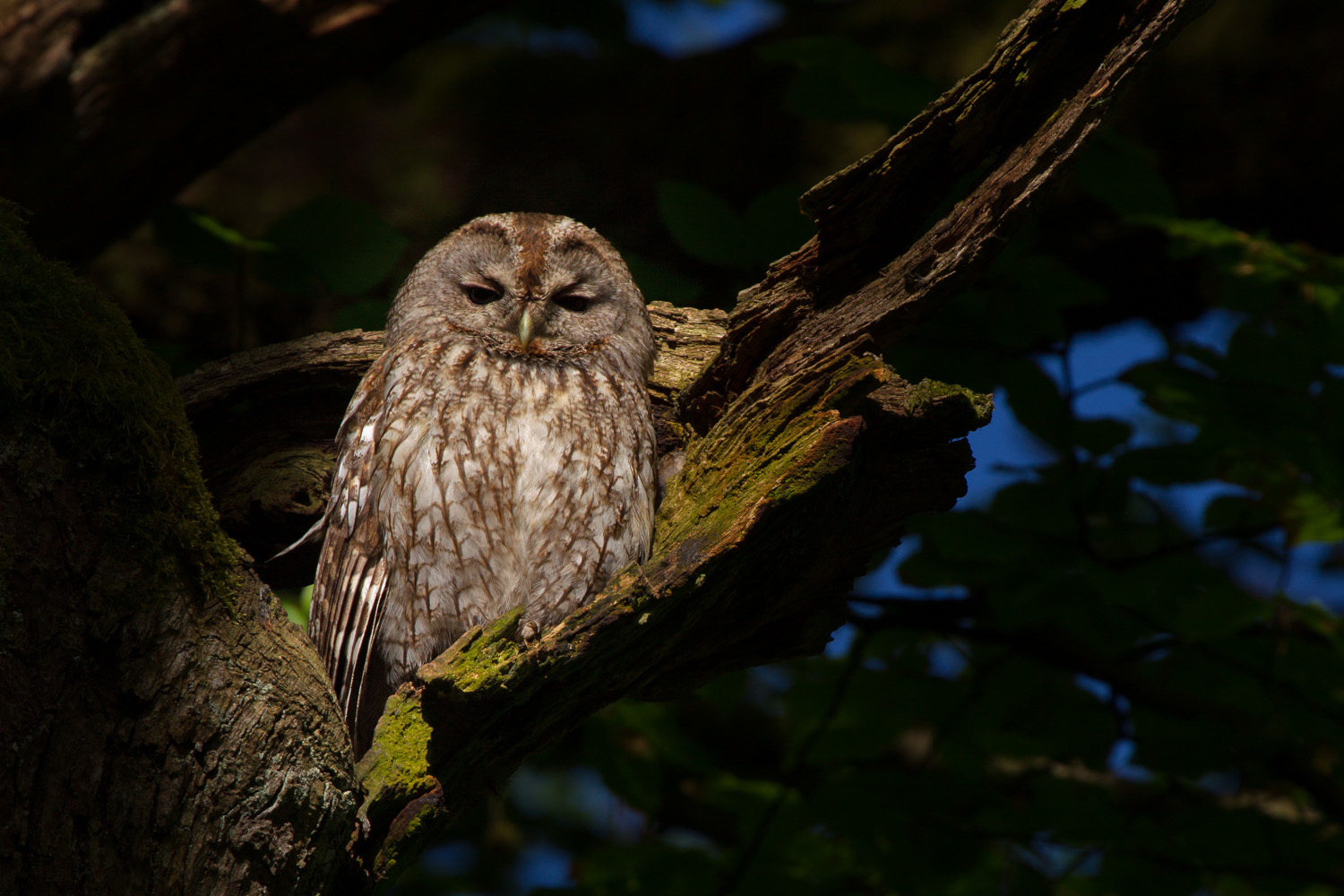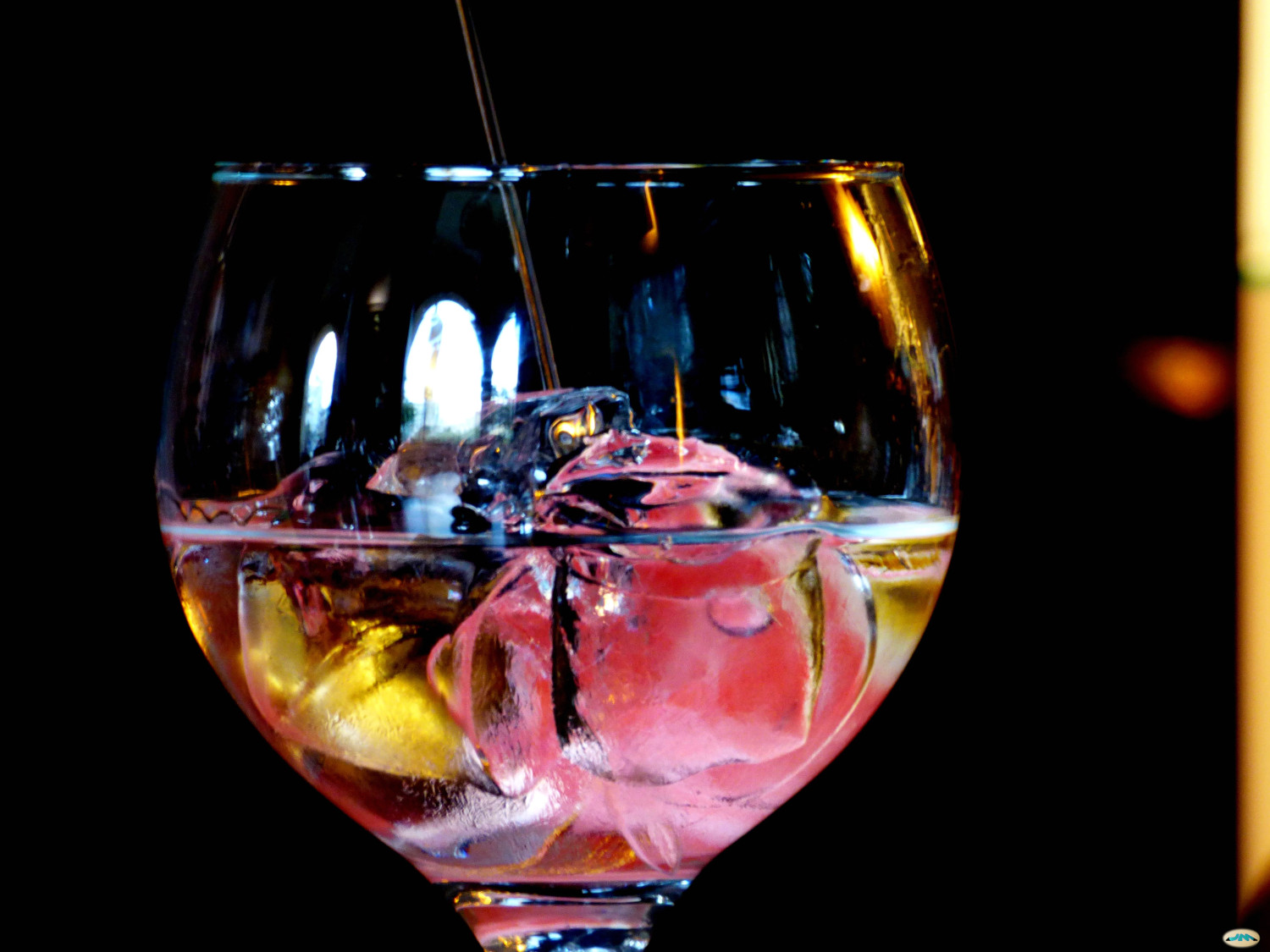Domestic caste
- It's on the run. Very proud. Their trees, their avocados, have reached us to the door of the house. You'll see more and more avocado in the kitchens and hear it's healthy. As its name suggests, the American Persea comes from America, specifically from the region known as Mesoamerica. They say it was about five thousand years ago that the people here threw it home, and the Basques, how many years ago we saw it on the strawberries? Today, you won't find fruit showcase without it.

It is true that from the windows of the shops to certain kitchens, then to many kitchens and from there to the ground, the avocado has been taking steps in the best fields in a few years. Not exactly the same way as the kiwi (Actinidia Delicious) did about fifty years ago, the kiwi was a buey yoke speed and the avocado speed is supersonic.
The water catcher is fast in a number of ways. Giving birth, for example: Who hasn't put the avocado bone in the water at home and enjoyed the show of creating a new plant? All the rooms of the houses are favorable! The seed grows even in the air, as if it had a strange passion for life, especially after planting it on earth. It doesn't even have a brake on reproducing, it starts to yield a considerable harvest for four or six years.
The price of the sale is also not short, look at the store. In this respect, there are many farmers who are planting the watershed, particularly at the Cantabrian side and in the sea area. In the hope that the cider apple (Malus domestica), or similar, will be much better.
In fruit trees you have to take into account two things, unintentionally, if you don't want to regret the work done during the year: what type of graft and what variety to choose. We have no idea of the behavior and governance of the chin here, and that forces us to rehearse and experiment. The varieties are the bukoia of the other sidreria. The behavior of the varieties in climates similar to ours and others is known, and is mainly addressed to two conditions: the birthday age, that is, the year yes and the non-year; and the period of maturity of the fruits.
There are three varieties in particular: Bacon, Hass and Fort. Hass is what you will find with the maizena in the shops: the skin is dark and rough. Bacon is mainly used to pollinate Hass varieties. Strong has a soft, soft and very easy to bleach skin. In our house that's what we have, and it's very rich and very sweet, as my palate says, the best.
The Fuerte variety comes from California. Several varieties of avocado had been introduced from Central America; people were also working on seed vaccines in search of new varieties. In 1913, there was a terrible freeze in California, and only one treadmill was able to withstand its damage quite successfully. Hence its name: Strong. From that tree come the millions and millions of Fuerte Aguacatondo that currently live in the world by graft.
This year I sow the bones of all the avocados we are eating at home, next to the manure and the following year I will put them all with the eyes of the Fort of the house… New aguacated by Betor.








-(1).jpg)
